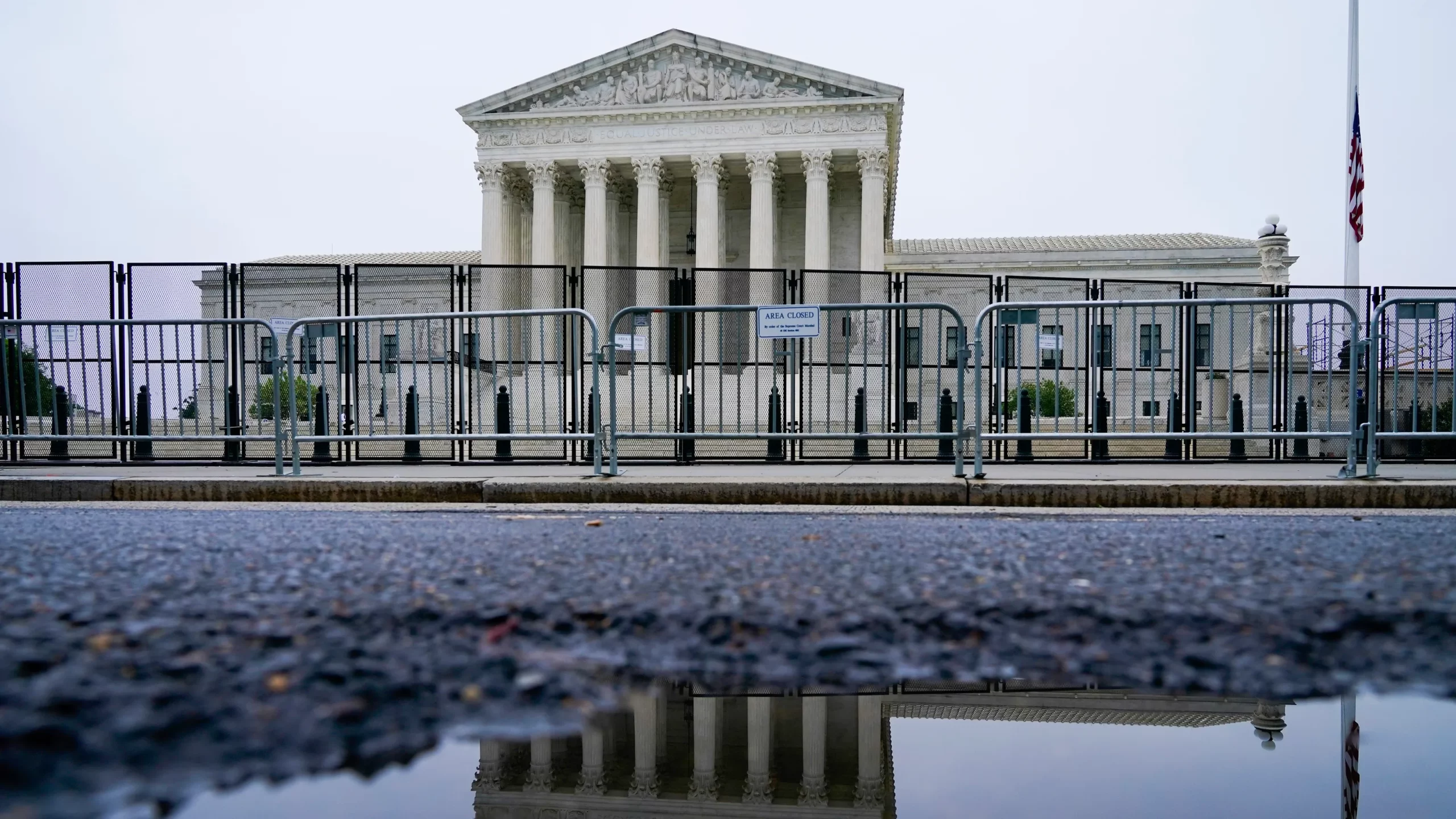Already a subscriber? Make sure to log into your account before viewing this content. You can access your account by hitting the “login” button on the top right corner. Still unable to see the content after signing in? Make sure your card on file is up-to-date.
The Supreme Court has shot down the Trump administration’s emergency request to withhold nearly $2 billion in frozen USAID funds.
Some shit you should know before you read: Shortly after President Trump took office, his administration went after foreign aid spending, arguing that many USAID programs were wasteful and did not align with his foreign policy goals. Through an executive order, Trump implemented a broad freeze on USAID funds, effectively halting payments to contractors and nonprofits providing humanitarian aid worldwide. The administration, led by Elon Musk’s DOGE, also moved to dismantle USAID by laying off staff and shutting down thousands of programs. As contractors and aid groups struggled with unpaid bills, they sued the government, arguing that the freeze violated federal law, including the Administrative Procedure Act, which requires proper justification for such funding cuts. Since then, the Justice Department defended the freeze, claiming the administration had the authority to review and withhold aid funds as part of a reassessment of foreign assistance programs.

What’s going on now: In a 5-4 decision, the Supreme Court ruled against the Trump administration’s emergency request to maintain the freeze on nearly $2 billion in USAID payments, allowing a lower court order to stand. Chief Justice John Roberts and Justice Amy Coney Barrett joined the court’s three liberal justices to form the majority, rejecting the administration’s argument that it needed more time to process the payments.
The ruling keeps in place US District Judge Amir Ali’s directive that the government must release the funds owed to contractors for completed work.
The four conservative justices—Samuel Alito, Clarence Thomas, Neil Gorsuch, and Brett Kavanaugh—dissented, with Alito writing a strongly worded opinion criticizing the decision. He argued that a single district judge should not have the unchecked power to compel the government to pay out taxpayer money, calling the ruling an act of “judicial hubris.”






